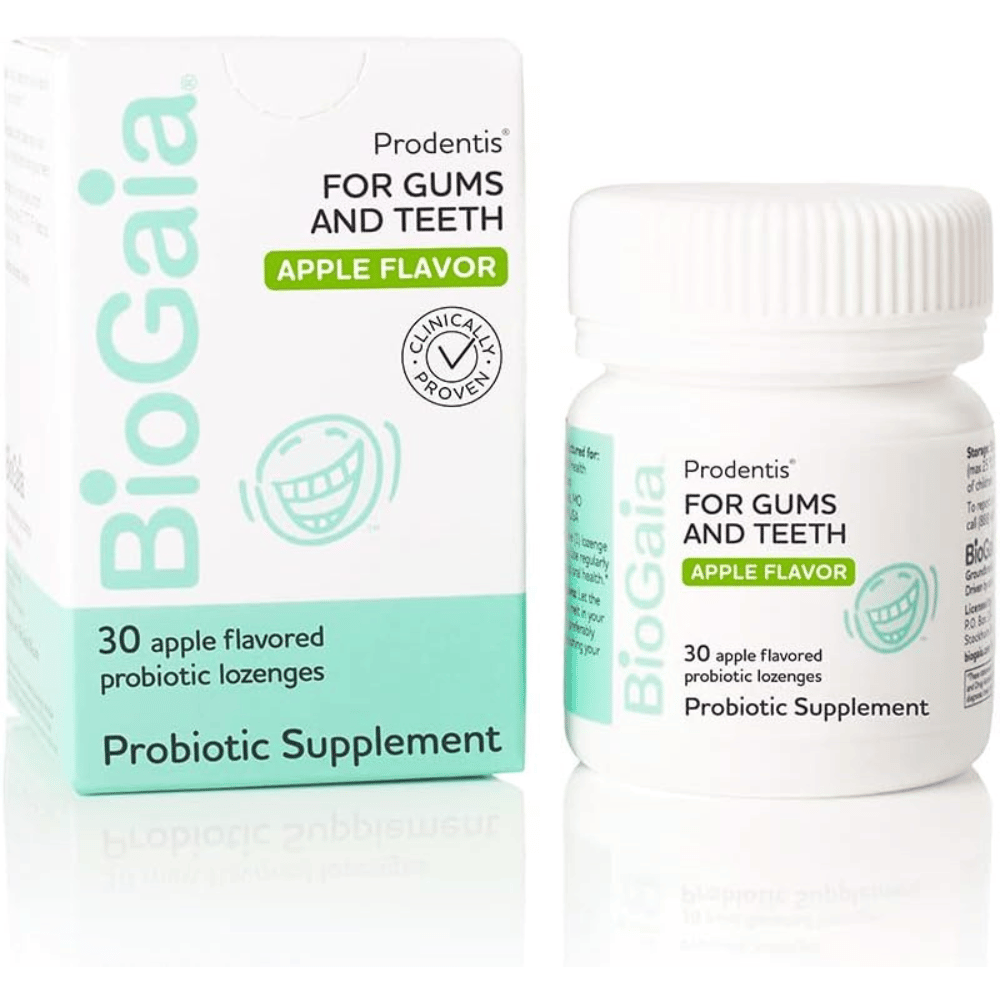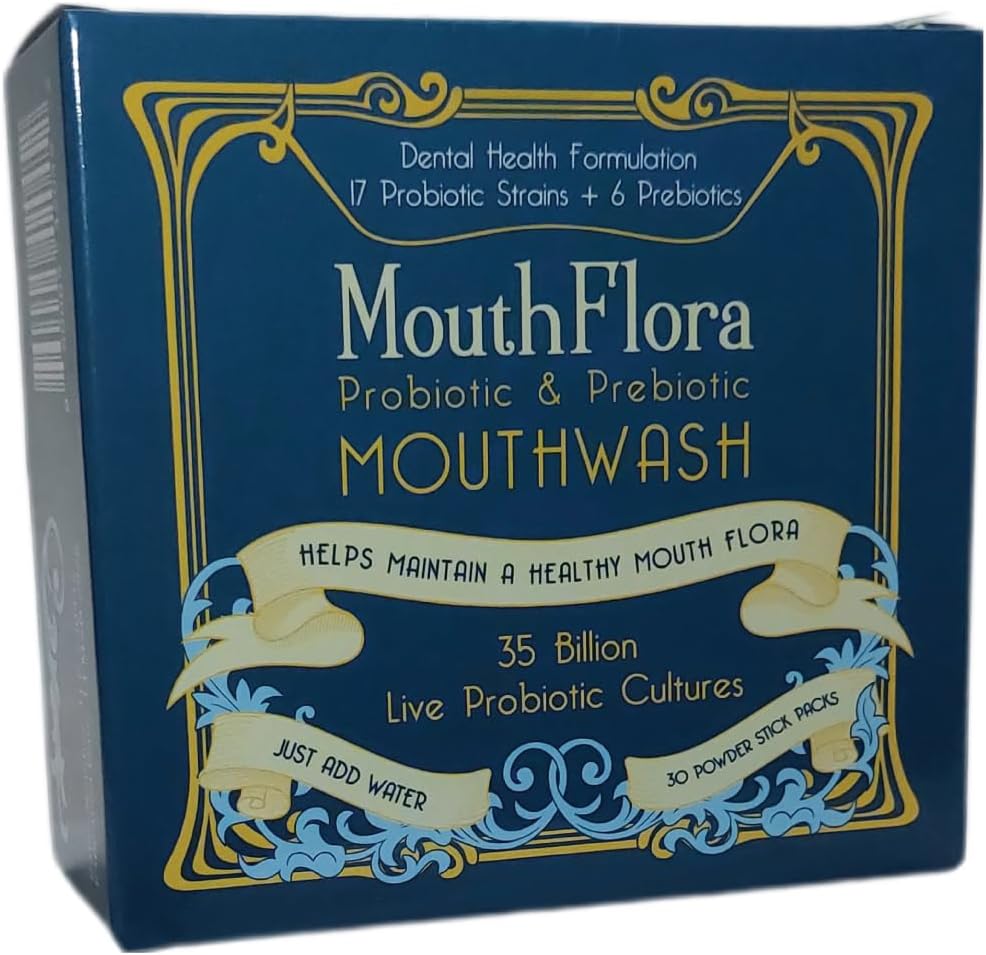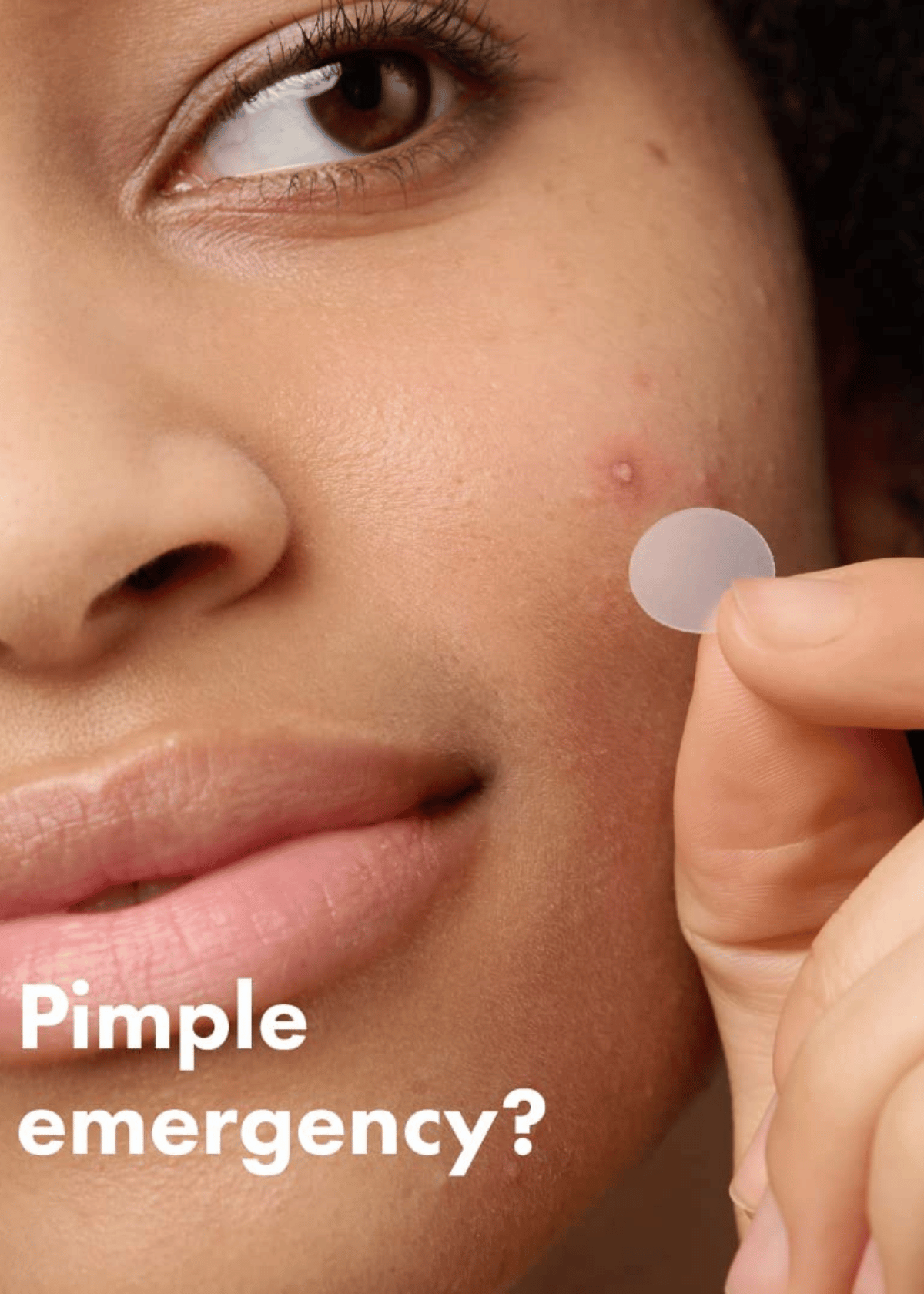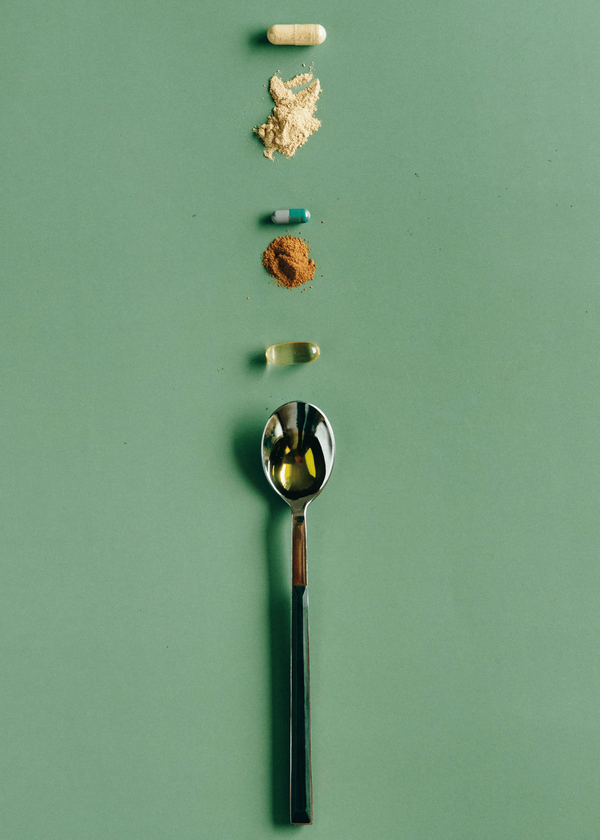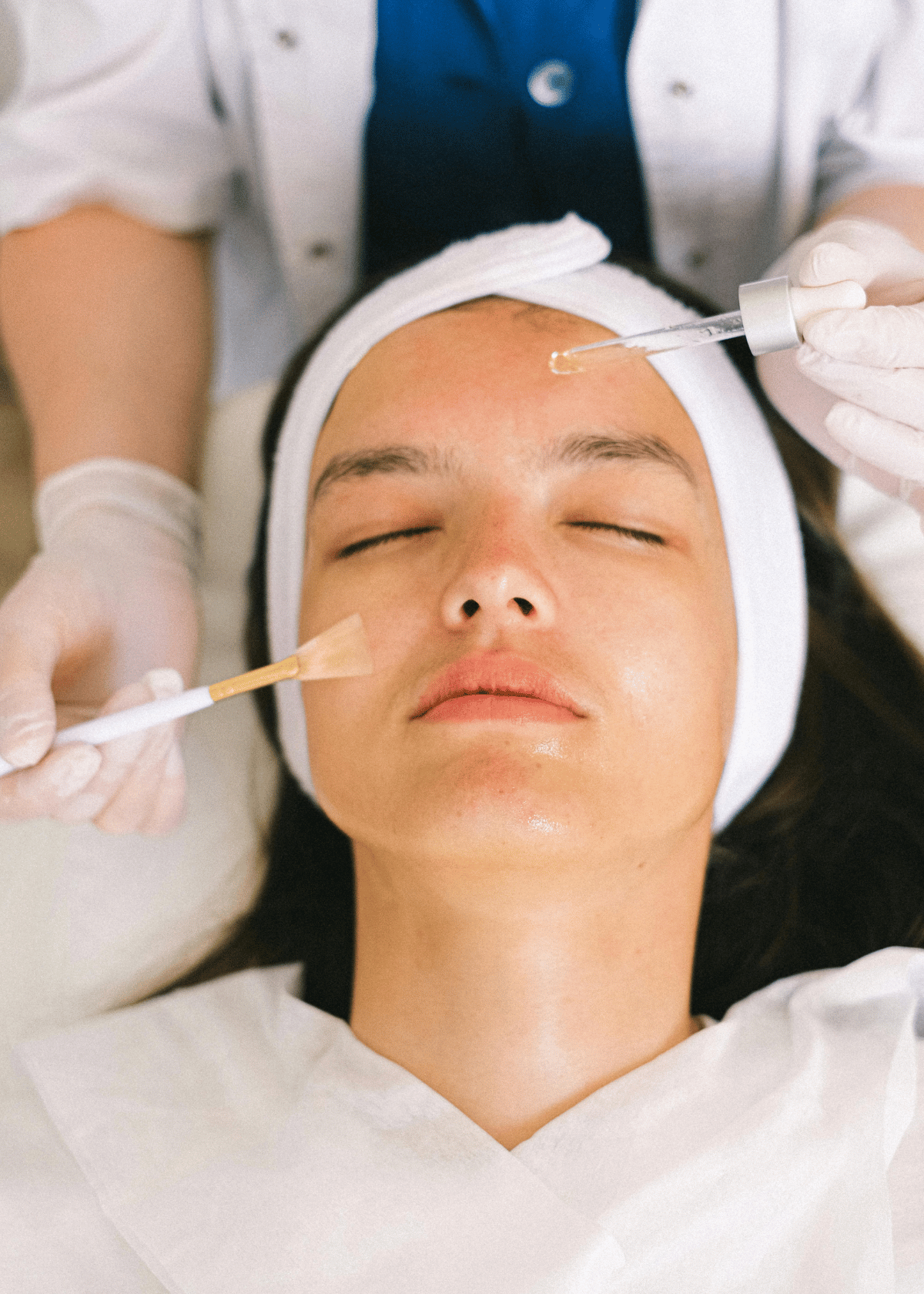Oral health is a critical component of overall wellness, and the burgeoning field of dental probiotics has shown promising potential in enhancing the flora of the mouth. This comprehensive review delves into the best dental probiotics available on the market, examining their benefits, usage, and effectiveness.
Key Takeaways:
- Dental probiotics, also known as oral probiotics, can significantly improve oral health by balancing the microbiome in the mouth.
- The top oral probiotics are characterized by their strain specificity, potency, and ability to target oral health issues.
- Consistent use of oral probiotics, alongside proper dental hygiene, can lead to a reduction in gum disease, bad breath, and tooth decay.
Understanding Dental Probiotics
Oral probiotics function similarly to other types of probiotics. A probiotic is essentially a combination of live beneficial microorganisms that contribute to the balance of naturally occurring microbes in the body. Gut probiotics, which are commonly found in yogurt, drinks, supplements, and fermented foods like kombucha and kimchi, might be more familiar to most people.
Specific strains of microorganisms in oral probiotics are designed to maintain the balance of the oral biome, which is the collection of good bacteria in the mouth. The oral biome, also known as oral flora, is the unique bacterial environment within the mouth. Oral probiotics support the immune function and help maintain the balance of good bacteria in the mouth, promoting the growth of bacteria that are advantageous for oral health and inhibiting those that can lead to dental issues such as gum issues and cavities.
While oral probiotics share a concept with gut probiotics, they differ in the strains of bacteria they contain and how they are administered, with certain types being more effective for a healthy oral flora than others.

The Science Behind Probiotics For Oral Health
Oral probiotics work by adhering to the mucosal surfaces of the mouth, including the gums, teeth, and tongue. This colonization helps to create a barrier against pathogenic bacteria that can cause periodontal disease. Additionally, some oral probiotic strains produce substances that can neutralize acids and reduce inflammation, further protecting the teeth and gums.
Clinical studies have shown that specific strains can reduce the presence of Streptococcus mutans, a primary bacterium responsible for tooth decay. Other strains have been effective in combating bad breath and reducing the symptoms of gingivitis and periodontitis.
The Role of Probiotics in Cavity Prevention
Cavities are another major concern when it comes to oral hygiene. The best probiotics for cavity prevention will contain strains that specifically target the oral bacteria responsible for tooth decay. Strains like Streptococcus salivarius M18 and Lactobacillus paracasei have been shown to reduce the levels of S. mutans and disrupt plaque buildup.
By incorporating an oral probiotic with these strains into your dental care routine, you can create an environment that is less conducive to cavity formation. This proactive approach to dental health can significantly reduce the likelihood of developing cavities over time.
Oral Probiotics And Gum Disease Prevention
When it comes to selecting oral probiotics for gum disease, it's crucial to look for products that contain strains with proven benefits for gum health. Lactobacillus reuteri and Lactobacillus brevis are two such strains that have shown effectiveness in reducing gum inflammation and bleeding.
These probiotics for gum health work by modulating the immune response and inhibiting the growth of bad bacteria that lead to gum disease. Regular use of these strains in an oral probiotic can help maintain gum health and prevent the progression of periodontal issues.

Combating Bad Breath with Advanced Oral Probiotics
Bad breath, or halitosis, is often caused by the presence of foul-smelling compounds produced by anaerobic bacteria in the mouth. The best oral probiotics for tackling bad breath will include strains like Streptococcus salivarius K12, which not only crowds out these malodorous bacteria but also releases bacteriocin-like inhibitory substances (BLIS) that target them.
Regular use of oral probiotics containing these strains can help maintain fresher breath by reducing the volatile sulfur compounds responsible for bad breath. This is a natural and effective way to manage bad breath without relying on temporary solutions like mouthwashes or mints.
Strain-Specific Benefits of Dental Probiotics
Each strain of an oral probiotic offers unique benefits. For instance, Lactobacillus salivarius has been associated with reducing the severity of canker sores, while Lactobacillus rhamnosus can help in preventing oral thrush and promoting gut health. It's important to choose oral probiotics that contain a blend of strains to address a broad spectrum of oral health concerns.
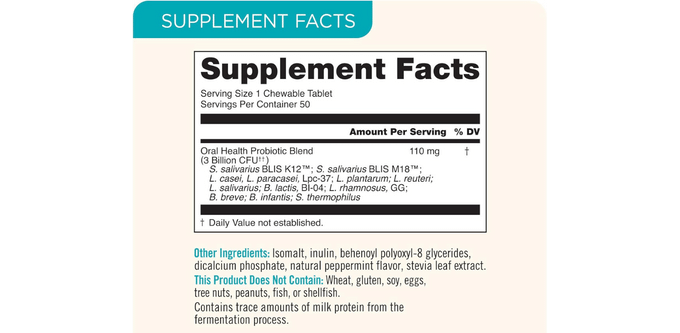
The Importance of CFUs in Dental Probiotics
Colony-forming units (CFUs) indicate the number of viable bacteria in a probiotic. For oral probiotics, a higher CFU count is not always better. It's essential to look for a dental probiotic that has an effective dose, as determined by clinical research, to ensure that enough beneficial bacteria reach the mouth to exert their effects.
Products with billions of CFUs may seem impressive, but the quality and compatibility of the strains with the oral environment are more important than the quantity. The best oral probiotics will have a CFU count that is both effective and supported by research.
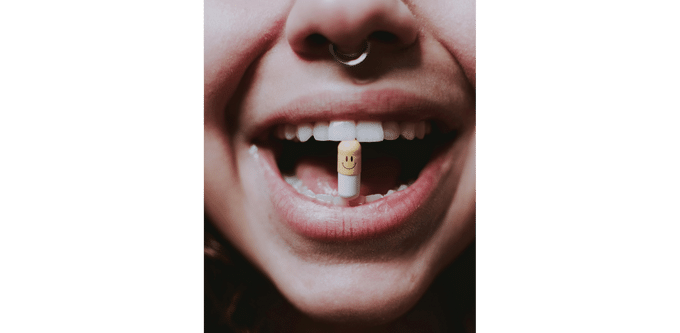
Delivery Methods for Oral Probiotics
Dental probiotic products come in various forms, including lozenges, chewable tablets, toothpaste, and mouthwashes. The delivery method can affect the efficacy of the probiotic, as it needs to ensure that the bacteria remain in the mouth long enough to adhere to the oral surfaces.
Lozenges and chewable tablets are often considered the best options because they allow for prolonged contact with the oral tissues, giving the probiotics ample time to colonize. Toothpastes and mouthwashes can also be effective, but they may not provide as much contact time as lozenges and chewable tablets, which could reduce the benefits.
Incorporating Oral Probiotics into Your Oral Care Routine
For the best results, oral probiotics should be used as part of a comprehensive oral care routine that includes brushing, flossing, and regular dental check-ups. It's also important to follow the manufacturer's instructions on when and how to take the probiotic to maximize its benefits.
Some oral probiotics are designed to be taken after brushing or eating, while others may require you to avoid food and drink for a certain period after consumption. Adhering to these guidelines will help ensure that the probiotic has the best chance of improving your oral health.
Potential Side Effects and Considerations
While oral probiotics are generally safe for most people, some individuals may experience mild side effects such as an upset stomach or increased salivation. If you have a compromised immune system or are pregnant, it's important to consult with a healthcare professional before starting any probiotic regimen.
Additionally, while oral probiotics can be beneficial, they should not replace traditional dental care practices. They are intended to complement, not substitute, regular brushing, flossing, and dental visits
Probiotic Interactions with Oral Microbiota
Our mouth is home to a complex world of tiny organisms that play a big role in keeping our teeth healthy. Taking the right kind of oral probiotics can be good for this world of microbes. These probiotics stick to our teeth and gums and can stop bad bacteria from taking over by using up space and nutrients. This helps keep everything in balance, which is important for avoiding periodontal disease. Research has found that certain types of these probiotics can lower the levels of Streptococcus mutans, a bad bacteria that can cause cavities.
A dental probiotic can help support oral health by creating substances that stop harmful bacteria from growing. These substances, called bacteriocins, act like natural antibiotics to fight off bad bacteria. Probiotics can support regular dental care, and scientists are working to find the best types for healthy teeth and gums.
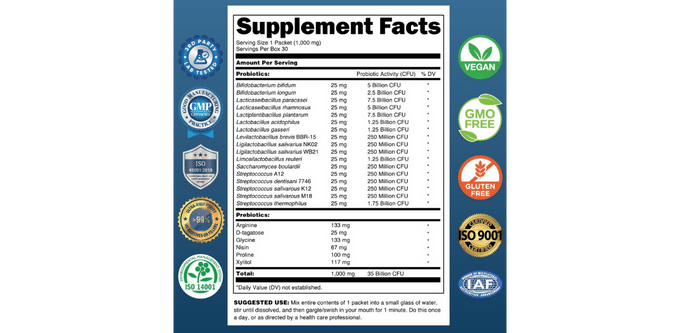
Probiotic Quality Assurance
Quality assurance is a critical factor when selecting the best oral probiotic. Reputable manufacturers will adhere to Good Manufacturing Practices (GMPs) and have Certificates of Analysis (CoAs) for their products. These certificates provide a detailed breakdown of the strains present and their viability. Additionally, some products may carry seals from organizations like the US Pharmacopeia (USP) or NSF International, which indicate that the probiotic products have been independently tested and meet specific standards. When choosing an oral probiotic, it's advisable to research the brand's reputation and commitment to quality.
Interaction with Dental Treatments and Medications
When integrating the best oral probiotic into your dental care regimen, it's crucial to consider how it may interact with existing dental treatments and medications. For example, certain probiotic strains might be less effective when taken concurrently with antibiotic treatments, as antibiotics can indiscriminately kill both harmful and good bacteria. It's recommended to consult with a dental professional before starting any new oral probiotic, especially if you are undergoing dental procedures or are on medication for oral health conditions.
The success of top oral probiotics depends on the health of your mouth. Dental work like cleanings, fillings, or gum treatments can change the balance of bacteria in your mouth, which might help good probiotics take hold. It's important to talk to your dentist about when and which probiotics to take to make sure they work well with your dental treatments.
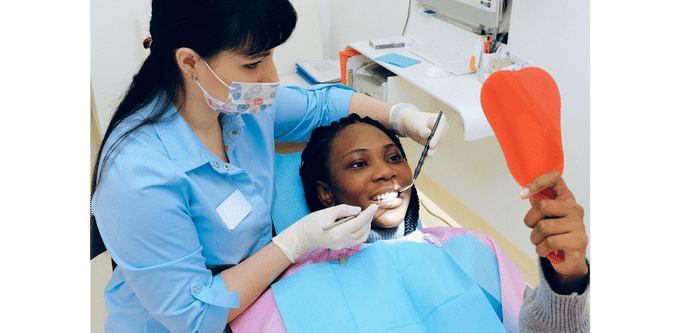
Improving Periodontal Health With Probiotics
Periodontal health is a critical aspect of overall oral health, and the use of oral probiotics has shown promise in supporting gum health and surrounding tissues. Probiotics may help manage periodontal diseases by modulating the host's immune response, reducing inflammation, and thereby improving gum health. Clinical trials have demonstrated that certain probiotic strains can lead to improvements in periodontal indices, such as pocket depth and bleeding on probing, which are key indicators of periodontal disease.
The best oral probiotics are those that contain strains specifically targeted at improving periodontal health. For instance, Lactobacillus reuteri and Lactobacillus brevis have been associated with reductions in gingivitis and plaque accumulation. By incorporating these probiotics into a comprehensive oral care regimen, individuals may experience enhanced periodontal health, which is vital for maintaining strong teeth and preventing tooth loss. As the understanding of the relationship between probiotics and periodontal health deepens, the development of targeted probiotic therapies continues to hold great potential for improving dental care outcomes.
The Impact of Probiotics on Tooth Health
Oral probiotics can promote remineralization and strengthen tooth enamel, making it more resistant to decay. They can also help maintain a neutral pH in the mouth, which is less conducive to the growth of harmful bacteria.
The Future of Probiotics in Dentistry
Ongoing research into probiotics specifically formulated for oral health is paving the way for more sophisticated and efficacious interventions in dentistry. As we delve deeper into the complexities of the oral microbiome, it is anticipated that novel strains and synergistic combinations of probiotics will emerge. These advancements are expected to provide superior benefits for dental health, heralding a new era in the prevention and management of oral diseases.
The Future Of Probiotics In Dentistry
Ongoing research into probiotics specifically formulated for a healthy mouth is paving the way for more sophisticated and efficacious interventions in dentistry. As we delve deeper into the complexities of the oral microbiome, it is anticipated that novel strains and synergistic combinations of probiotics will emerge. These advancements are expected to provide superior benefits for dental health, heralding a new era in the prevention and management of oral diseases.
Criteria for Selecting the Best Oral Probiotics
When it comes to selecting oral probiotics for gum disease, it's crucial to look for products that contain strains with proven benefits for gum health. Lactobacillus reuteri and Lactobacillus brevis are two such strains that have shown effectiveness in reducing gum inflammation and bleeding.
These probiotics for gum health work by modulating the immune response and inhibiting the growth of bad bacteria that lead to gum disease. Regular use of these strains in an oral probiotic can help maintain gum health and prevent the progression of periodontal issues.
How We Choose
Given the vast array of probiotic options on the market, determining the most suitable one for individual needs can be challenging. Our team has conducted extensive research on numerous products to identify the top dental probiotics. This effort is aimed at making the selection process for consumers easier, enabling them to find the appropriate dental probiotics without having to guess or waste money on something that won't work.
We hope you find your next best buy from the list below! Each product was independently selected by our editors. BlakesBestBuys may collect a share of sales or other compensation from the links on this page if you decide to buy something (that's how we stay in business). Enjoy finding your next best buy!
The Best Oral Probiotics On The Market
What We Love About It
BioGaia Prodentis transcends the ordinary boundaries of oral health products. It boasts a unique blend of L. reuteri strains, meticulously selected for their synergistic effects in promoting oral wellness. This daily probiotic is expertly crafted to nurture healthy gums, fortify teeth, and ensure breath freshness. Empirical research underscores the efficacy of Prodentis in maintaining oral hygiene. Integrating it into your daily routine is effortless—simply allow a Prodentis lozenge to dissolve in your mouth post-brushing and flossing, or at a moment that suits your schedule.
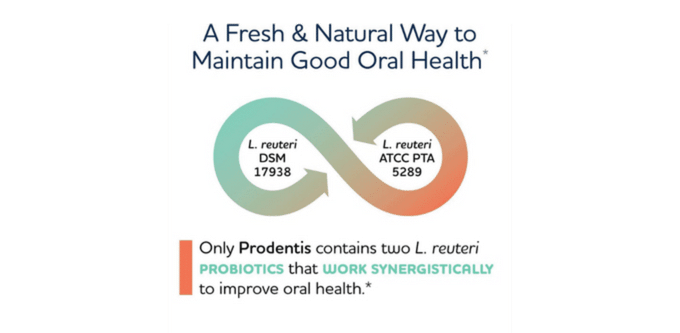
Why BioGaia Prodentis For Gums And Teeth Stands Out
Prodentis features a unique blend of L. reuteri strains, including DSM 17938 and ATCC PTA 5289, which work together to boost oral health. It helps to restore the ecological balance in the mouth which promotes healthy teeth and gums & fresh breath. It's free from alcohol, soy, preservatives, and added sugars for a straightforward approach to oral health.
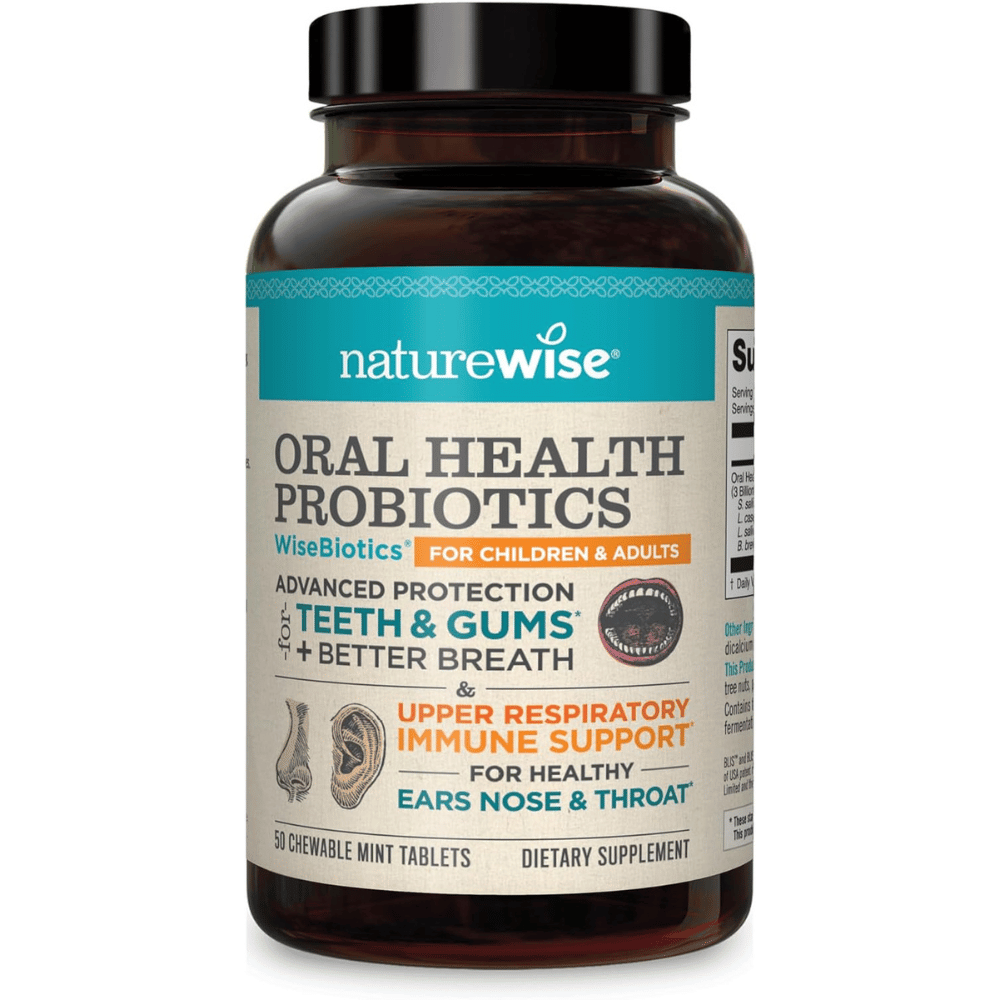
Best Chewable Probiotic Tablets For Oral Health
NatureWise Oral Health Probiotics
What We Love About It
NatureWise Oral Health Probiotics actively supports the health of teeth and gums, while also contributing to fresher breath, ensuring a clean and vibrant smile.
It also strengthens the immune function of the ear, nose, and throat, offering enhanced respiratory health for individuals of all ages, from children to adults.
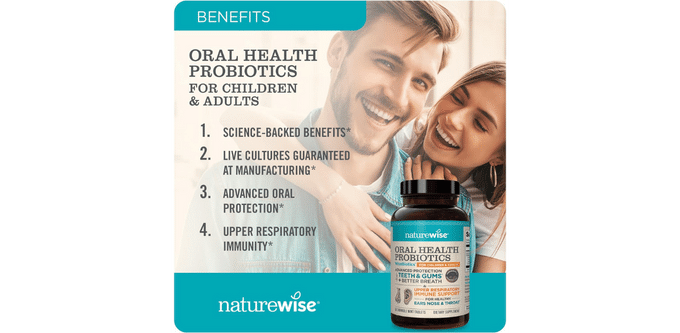
Why NatureWise Oral Health Chewable Tablets Stands Out
These chewable probiotic tablets boast an impressive 12 oral probiotic strains, which is three times more than what the leading oral probiotics offer. Among these strains are the renowned BLIS K12 & M18, which have been clinically proven to enhance dental health and support upper respiratory health.
What We Love About It
MouthFlora is a revolutionary product designed not just to cleanse but also to nourish and balance your mouth's oral biome. Rather than waging war on all bacteria, MouthFlora is specifically formulated to support good bacteria while keeping the bad bacteria under control. In doing so, it promotes a harmonious and balanced oral environment. Your mouth is home to a diverse community of microorganisms that play a critical role not only in oral health but also in respiratory health. Traditional mouthwashes, by indiscriminately killing bacteria, can disrupt this delicate balance and potentially lead to a multitude of problems.
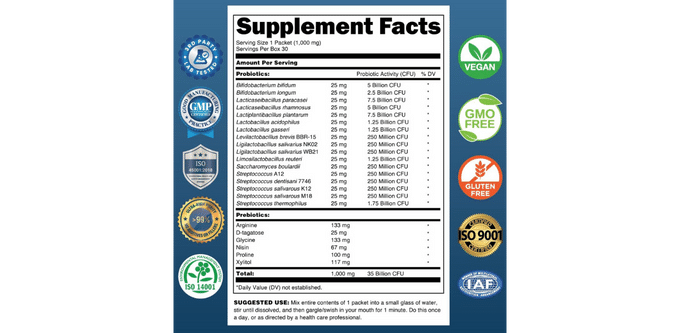
Why MouthFlora Probiotic & Prebiotic Mouthwash Stands Out
Good bacterial strains in the mouth aid in the digestion of food, the synthesis of essential vitamins, and protection against unbeneficial bacteria. A disrupted oral microbiome may cause an overgrowth of unbeneficial bacteria, potentially leading to bad breath, gum inflammation, and other oral issues.
MouthFlora provides a scientifically-supported approach to maintaining a balanced oral flora with its 17 probiotic and 6 prebiotic strains. The high concentration of live probiotic cultures, amounting to 35 billion per serving, ensures a thriving community of beneficial bacteria.
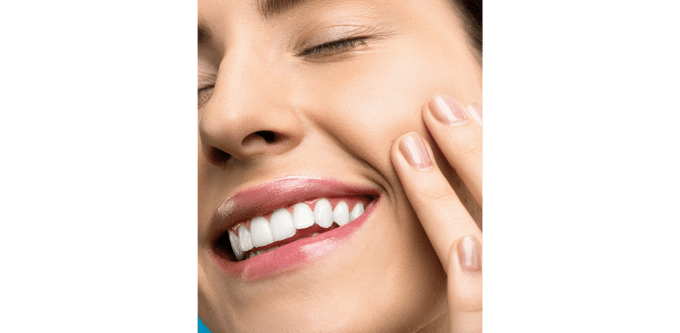
Summary
This review has explored the burgeoning field of dental probiotics, highlighting the best products and strains for improving oral health. Dental probiotics offer a natural and effective way to balance the oral microbiome, combat gum disease, freshen breath, and prevent dental decay. When selecting a dental probiotic, it's important to consider strain specificity, potency, delivery method, and clinical evidence. By incorporating these supplements into a comprehensive oral health routine, individuals can enjoy the numerous benefits that probiotics have to offer for oral health.
FAQ'S
Can oral probiotics replace regular brushing and flossing?
No, dental probiotics are meant to complement, not replace, regular oral hygiene practices such as brushing and flossing. They work best when used as part of a comprehensive oral health care routine.
Are there any risks associated with taking dental probiotics?
Dental probiotics are generally considered safe for most people. However, as with any supplement, there can be potential side effects, and it's recommended to consult with a healthcare professional before starting any new probiotic regimen.
How long does it take to see the benefits of oral probiotics?
The time it takes to see the benefits of dental probiotics can vary depending on the individual and their oral health condition. Some may notice improvements in a few weeks, while for others, it may take longer to observe significant changes. Consistent use is key to achieving the best results.
What is the best oral probiotic for your Teeth?
One of the most effective types of probiotics for your mouth is Lactobacillus reuteri. This strain has been shown to inhibit bad bacteria that cause tooth decay and gum disease. It works by producing antimicrobial substances that protect against cavity-causing pathogens.
Do dental probiotics really work?
Absolutely. In fact, up to 85% of patients have said that reducing the negative bacteria/yeast in the mouth by ingesting probiotics is easy and has shown that their bad breath has been majorly reduced.
What probiotics are good for periodontitis?
Probiotic bacteria derived from the genera Lactobacillus, Bifidobacterium, Streptococcus, and Weissella are found to play an effective role in the prevention and treatment of periodontal diseases via regulating periodontal microbiota or host immune responses.
When is the best time to take dental probiotics?
For optimal results we recommend taking dental probiotics at night, after your usual dental routine, and the last step before bed. You can take it during the day too, but it is best not to eat or drink for at least 30 minutes after taking the probiotic.
What are the disadvantages of oral probiotics?
You might have stomach upset, gas, diarrhea, or bloating. Those symptoms usually go away after your body gets used to them. If you have an immune system problem or another serious health condition, you may have a greater chance of issues. Some reports have linked probiotics to serious infections and other side effects.
Can oral probiotics reverse gum disease?
Recent research suggests that probiotics not only promote better oral health but can also reverse the effects of gum disease. This breakthrough is a potential game-changer for anyone looking to boost their oral health and hygiene.
What oral probiotics are good for gingivitis?
LACTOBACILLUS RHAMNOSUS may help with reducing cavities and promote gut health. LACTOBACILLUS REUTERI helps to fight gingivitis and bleeding gums, helps maintain and protect gut lining, reduces gut permeability, aids in ability to absorb important nutrients and may help in food allergies.
Conclusion: Smile Bright With The Right Probiotic
Incorporating the best dental probiotic into your oral health routine can make a world of difference. From combating gum disease to ensuring fresh breath, these tiny warriors are essential for a healthy, happy mouth. Remember, a smile is worth a thousand words, so make yours count with the support of the best dental probiotic. Your mouth—and those around you—will thank you!


